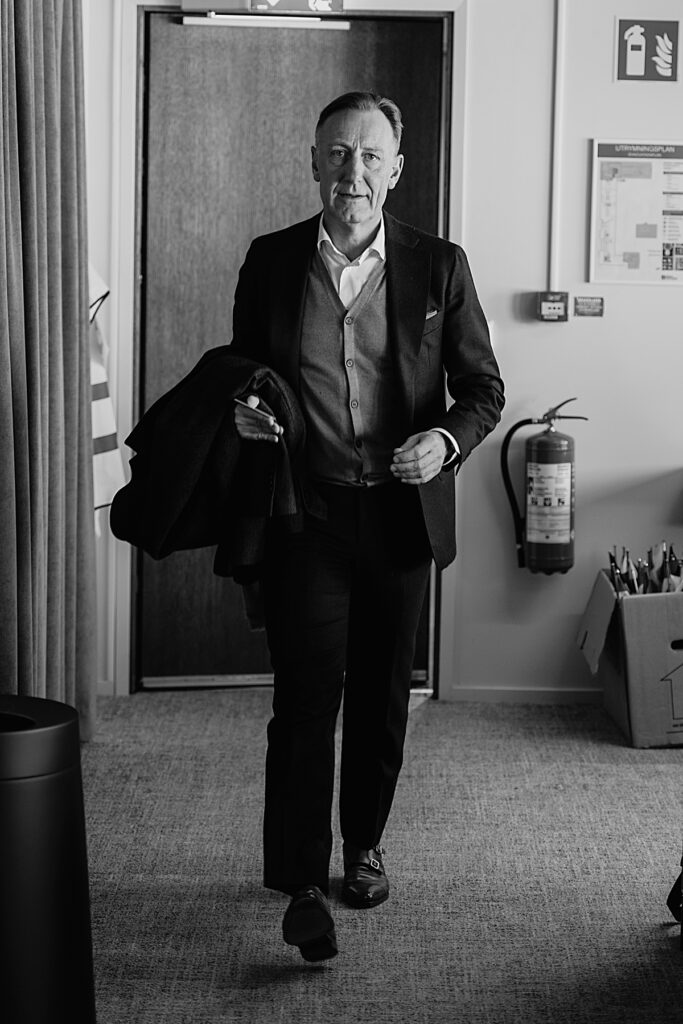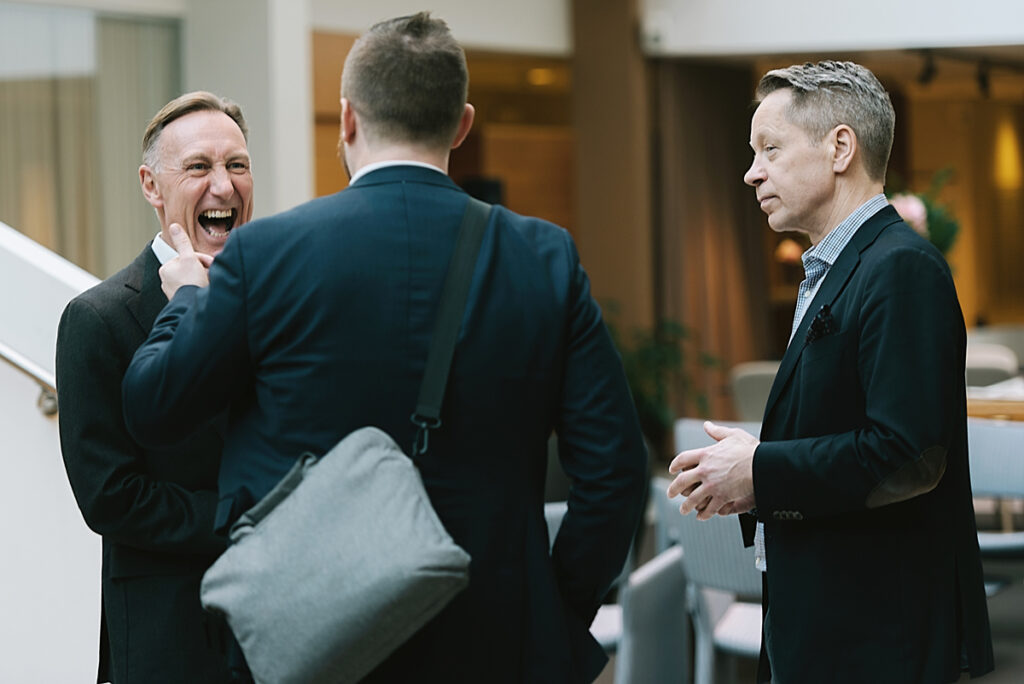Collaboration comes naturally to some, and it is simply the result of curiosity and the desire to learn from others. Jan-Olof Jacke, CEO of the Confederation of Swedish Enterprise and former CEO of Astra Zeneca Sweden, is one such person. Successful collaboration requires fearlessness, unpretentiousness, and understanding the value of meeting others.
Jan-Olof Jacke heads rapidly to one meeting after another and seems to be always on the move, yet with a fascinating ability to be present and make time for dialogue. In an interview in Chef magazine, Jan-Olof is described as an entertainer, a gentleman, and someone who always overestimates how much time he has – someone who make things happen and is for the most part fearless. This is also the impression we get during our conversation, and perhaps it also pinpoints the qualities that characterise a “border dweller”: a person described as someone interested in and able to move on the border between different worlds, or subjects, and who sees the value of different people meeting.









